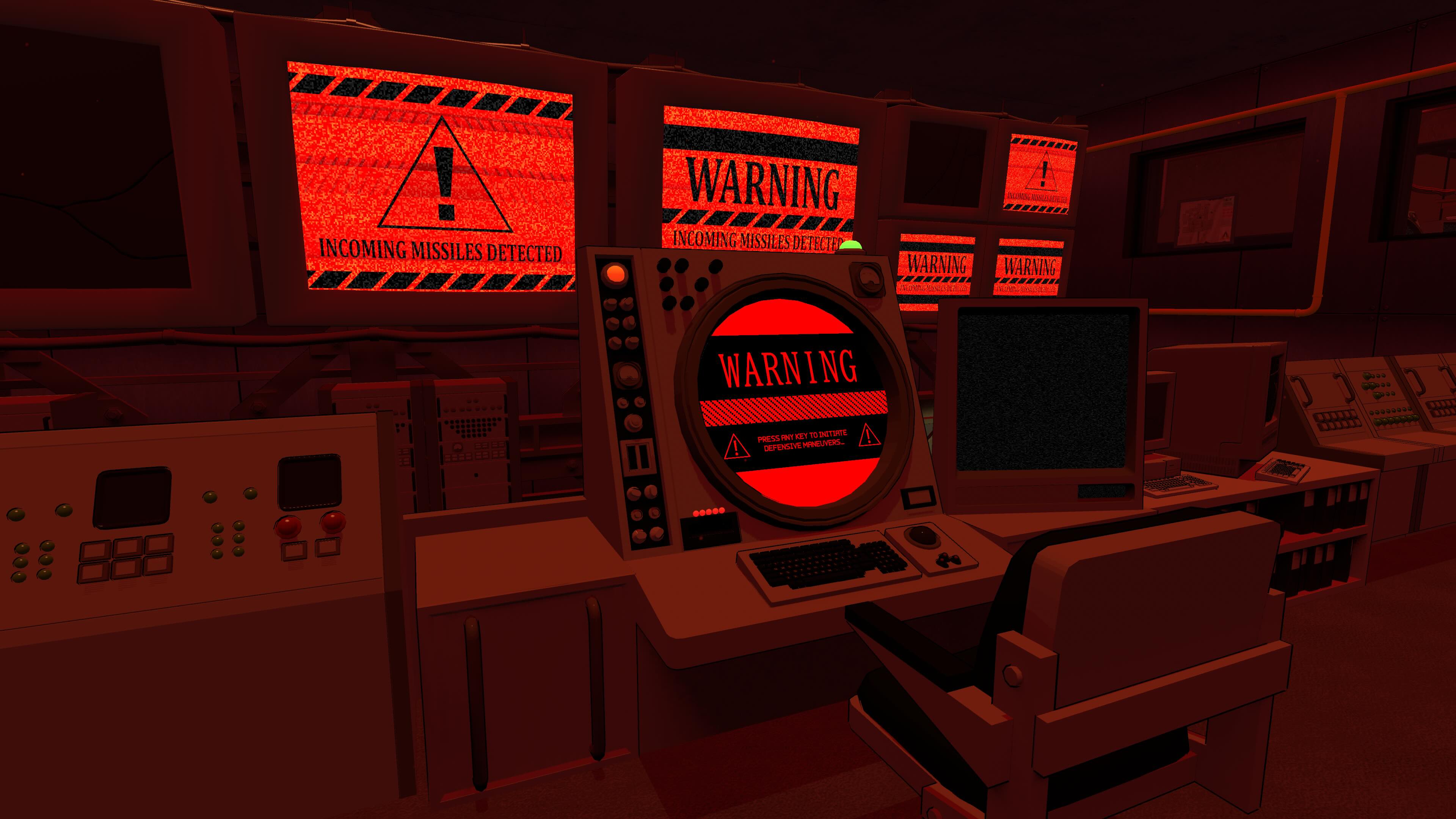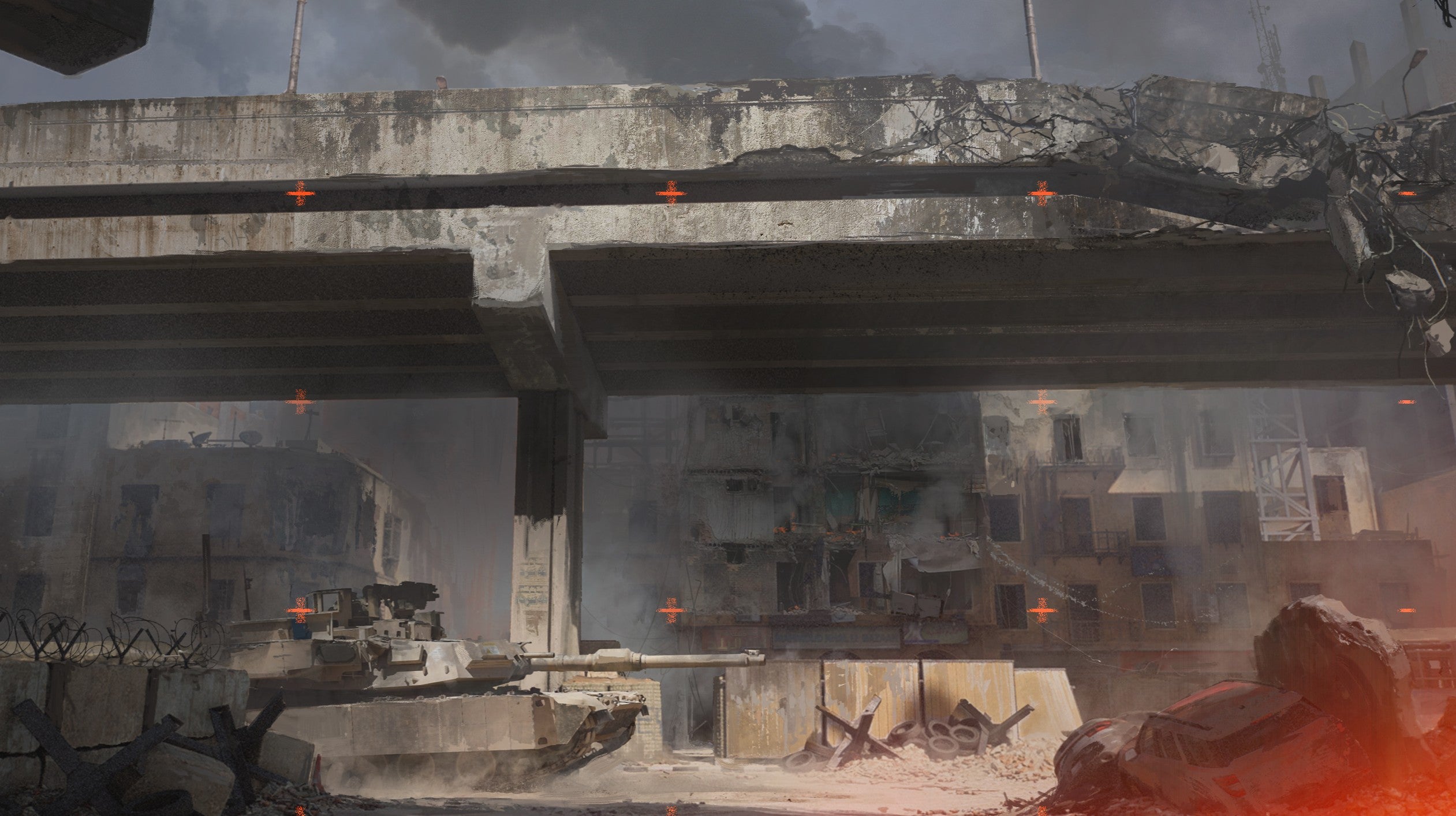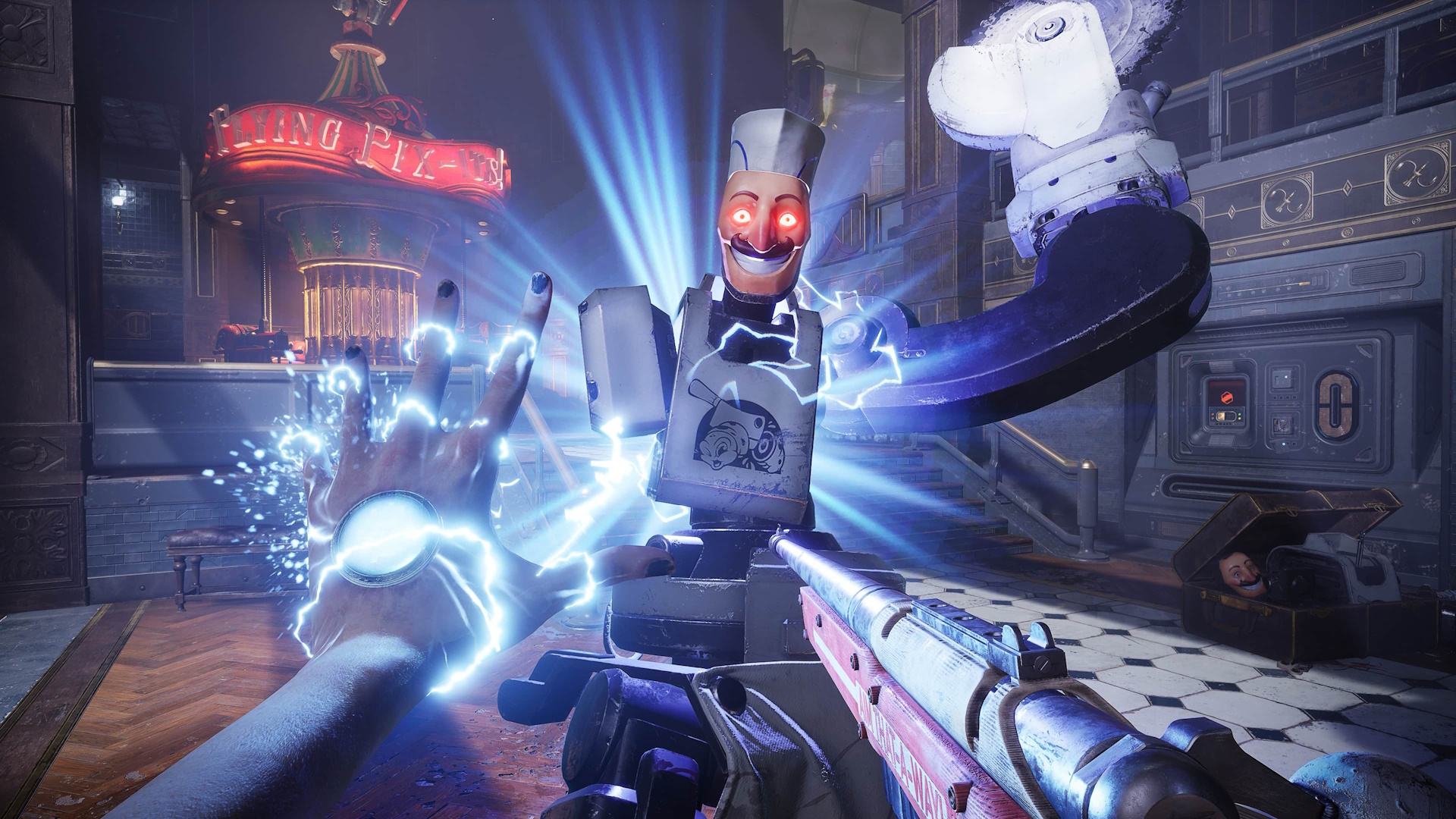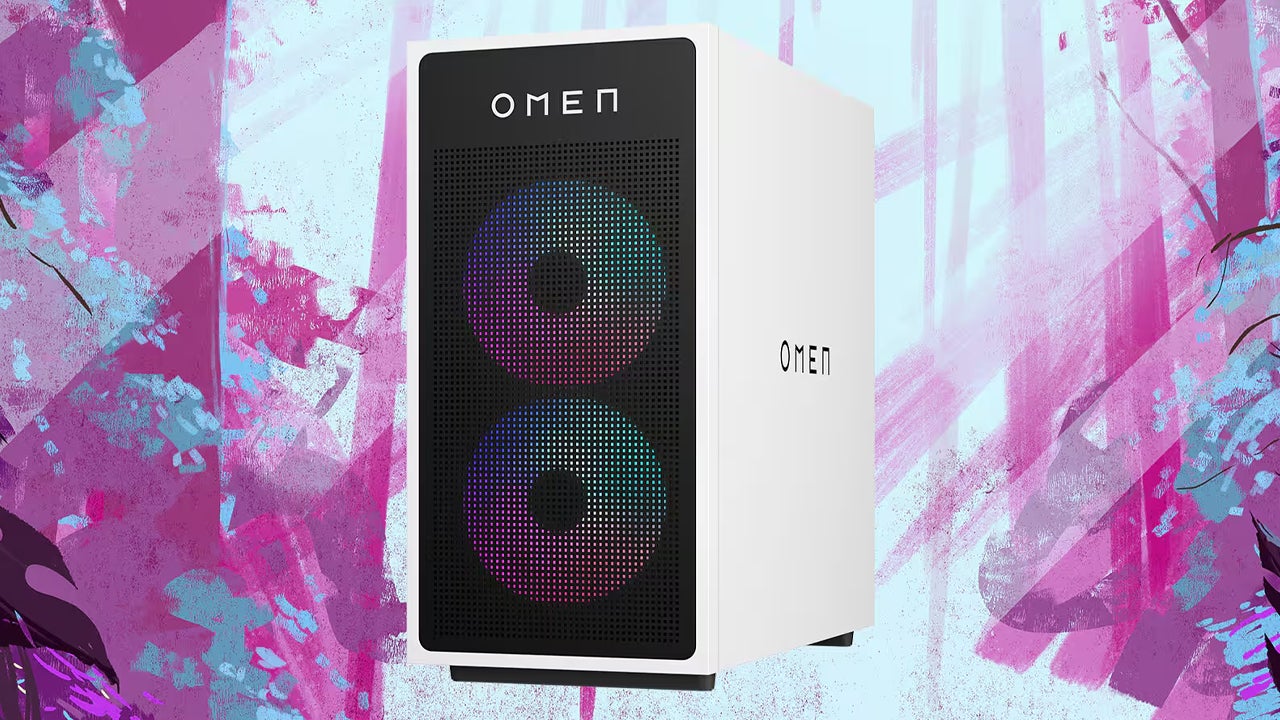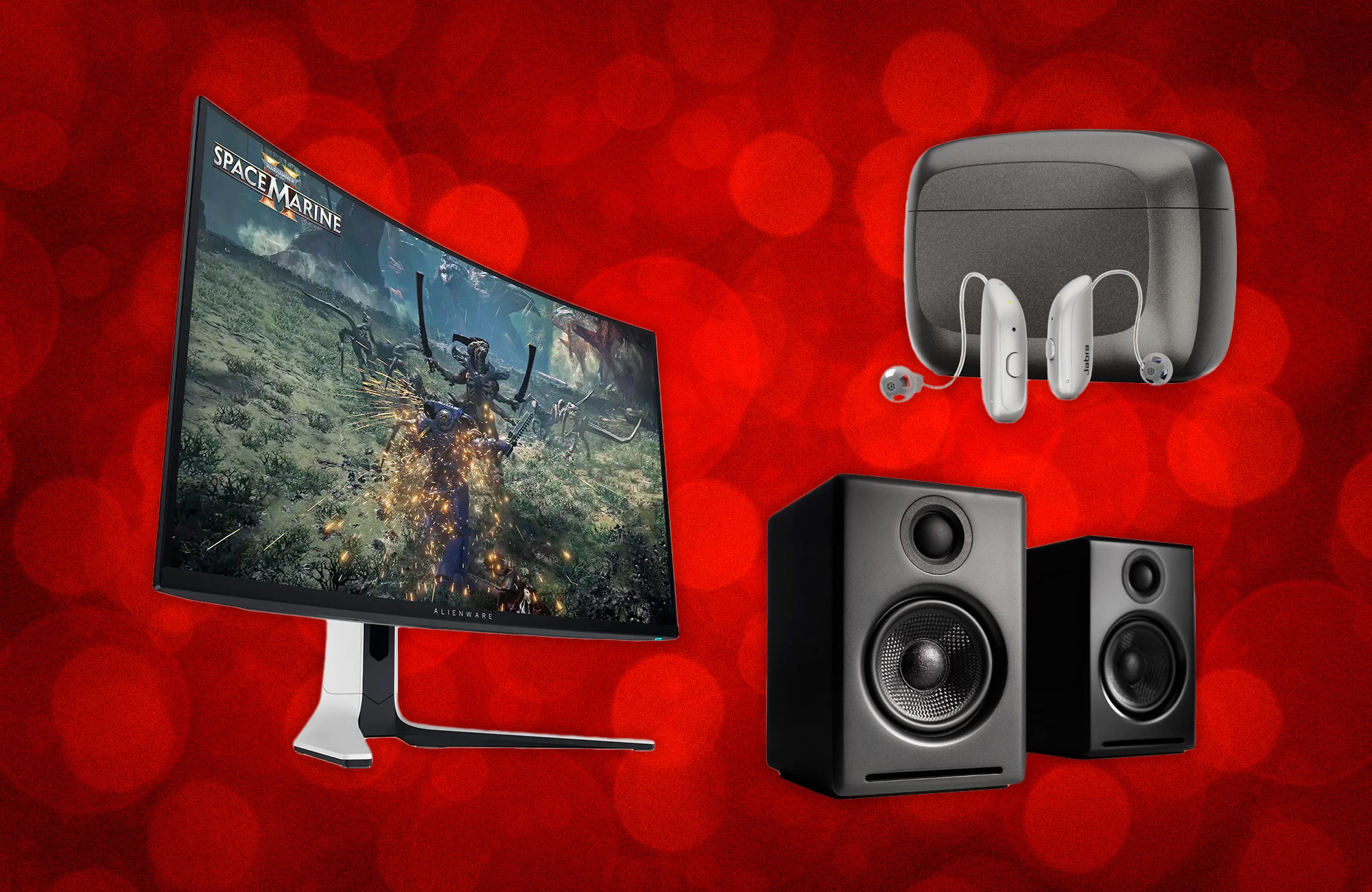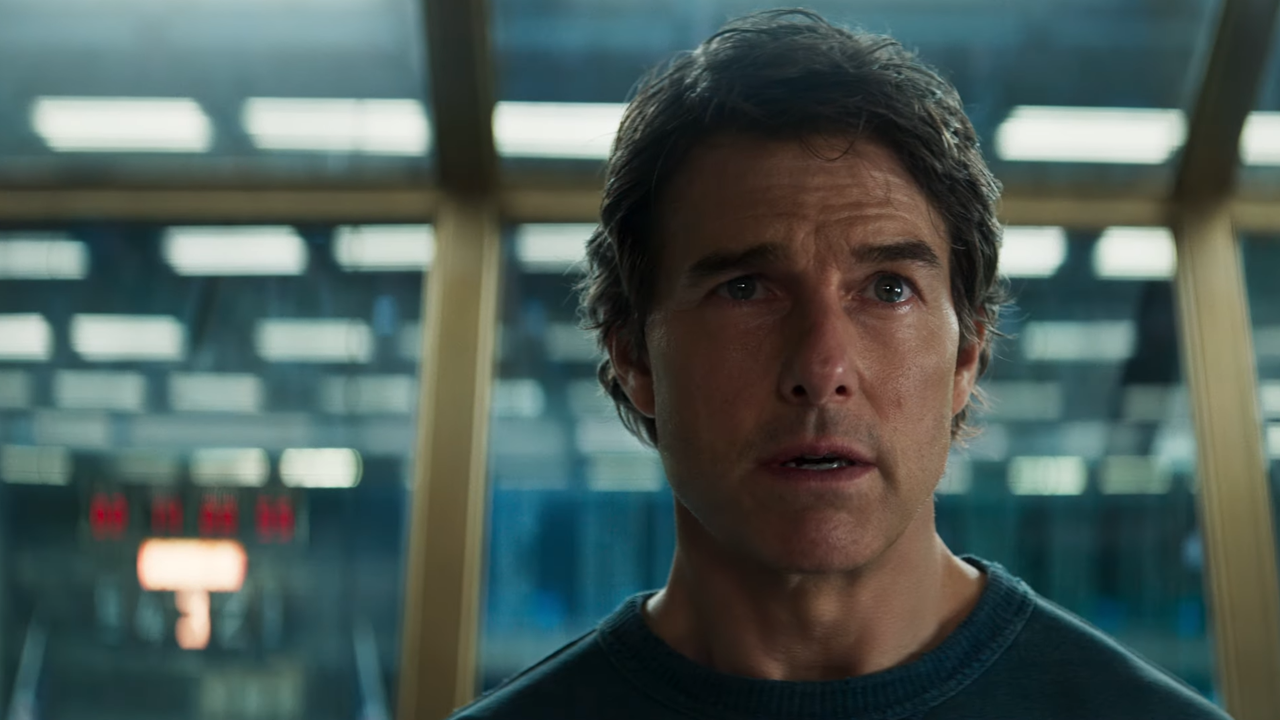
Missile Command Delta is a new take on a classic 1980 arcade game by Atari. I saw a trailer and was immediately taken with what seemed like an ingenious reinterpretation of the brilliant but archaic original’s gameplay. I couldn’t wait to get stuck in.
So you can imagine my disappointment when the game turned out to be a tepid, poorly written first-person narrative game, in which I prodded listlessly about an abandoned bunker, solving tedious puzzles and chatting to my character’s shallow, stereotyped friends. Only occasionally was I allowed to play an excellent new Missile Command game.
The original Missile Command might be the ultimate Cold War video game, or at least the purest expression of one. Intercontinental ballistic missiles streak down from the top of the screen toward six cities at the bottom. Using a trackball, you aim your own missiles to detonate in their path, hoping to catch the incoming projectiles in the coruscating bloom of your missile’s explosion. Playing the game, you’re in a frantic defensive state, erecting a fragile, temporary barrier against the constant threat of nuclear doom raining down from above.
Missile Command is one of the classic designs of video gaming’s earliest days. But it’s been more resistant to revival than contemporaries like Pac-Man, in part because its control scheme doesn’t map well to buttons or sticks. (Mouse works better — I remember a version for the original Apple Macintosh — but is arguably too easy.) Tasked with the modern remake by Atari, developers 13AM Games and Mighty Yell have come up with an ingenious solution: turning it into a turn-based tactical puzzle game.

In Missile Command Delta, the field of play is now a board of hexagons. Each turn you are presented with enemy missile trajectories, and can launch up to three missiles from your arsenal in defense. Missiles come in many different types, presented as cards, with different ranges and energy costs. One-stage missiles detonate on that turn, while two-stage missiles will take two turns to reach their destination; on detonation, they create a flower-shaped fireball of seven hexes that will destroy any enemy missiles (or friendly ones, for that matter) that are in range or that try to pass through their blast radius on that turn.
It’s a wonderfully efficient and absorbing design that works just as well in the puzzle-like training missions, which have carefully curated attack patterns and “decks” of missiles to use, as it does in the for-real missile attacks, which are more free-form. All Missile Command Delta needed to do was give me as many of these missions to play as the designers could come up with.
Unfortunately, someone decreed that this clever tribute to a minimalist 45-year-old arcade game needed to have a story. And that the story should be about a bunch of teens breaking into a seemingly abandoned military bunker, decades after its last use, just as an extremely geopolitically vague war breaks out. And that the story should be delivered in the tired form of a first-person puzzle mystery in which you rifle through drawers for key items and study the many memos strewn around for clues.

I sort of get the attempt to construct a more modern frame around Missile Command’s Cold War theme, and indeed the meta reference to the age of the game itself. Discovering and playing it on old computers with giant, circular CRT displays in a dusty bunker is a cool idea. It’s the only idea the game needed — though “need” is a stretch, because the sharp design of the tactics game speaks so succinctly for itself. The concept also would have worked much better in a more specific period setting, especially considering the story’s gestures toward 1980s kids’ movies like The Goonies and, especially, 1983’s WarGames, in which a young hacker accesses a military supercomputer and brings the world to the brink of World War III.
The real issue, though, is the lackluster execution of Missile Command Delta’s first-person mystery — Blue Prince it is not — and the pointlessness of its inclusion to begin with. 13AM Games and Mighty Yell game up with an original and distinctive game and embedded it within a derivative and rote one that plays like a legion of other indie wannabes. It’s a dilution of something special, and it shows a sad lack of confidence in the game’s core idea.
Not every kind of game design needs a narrative frame; not every story needs to be a J.J. Abrams-style mystery box. The original Missile Command, as basic as it was, told a story about the late 20th century’s pervasive fear of armageddon that was powerfully resonant in its time, and will be remembered a lot longer than this one.
Source:https://www.polygon.com/gaming/612349/missile-command-delta-review-impressions